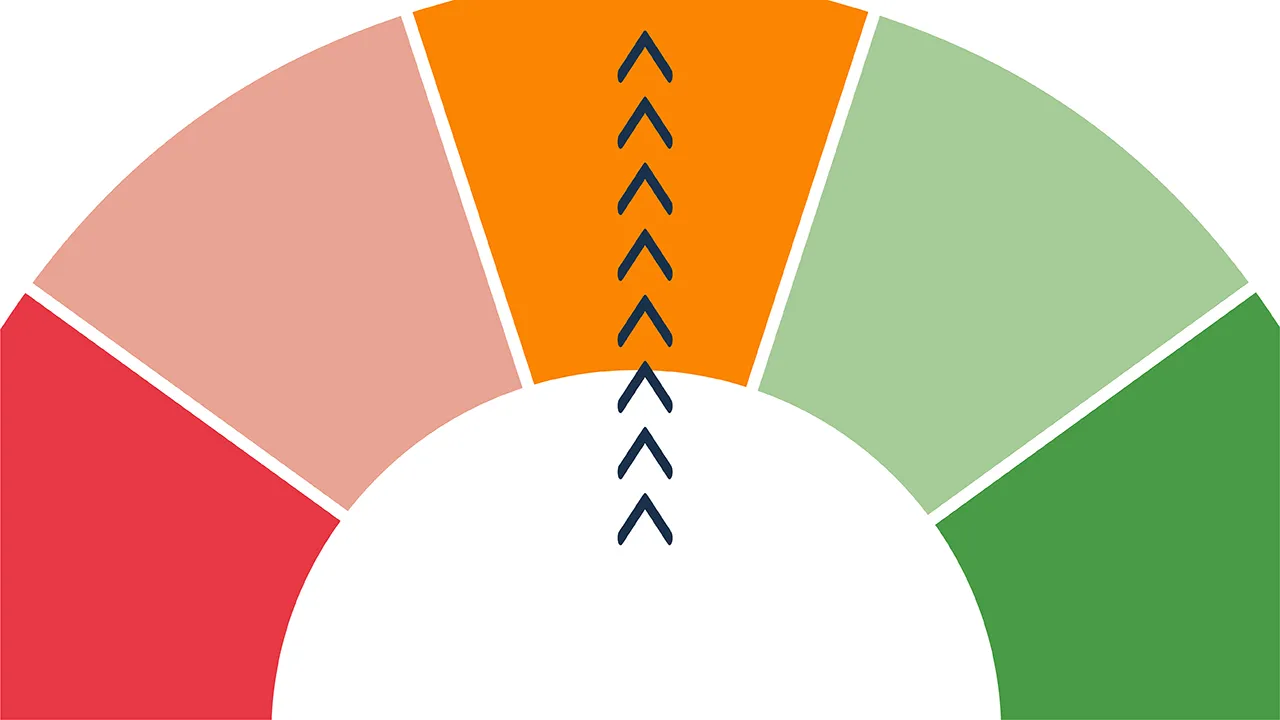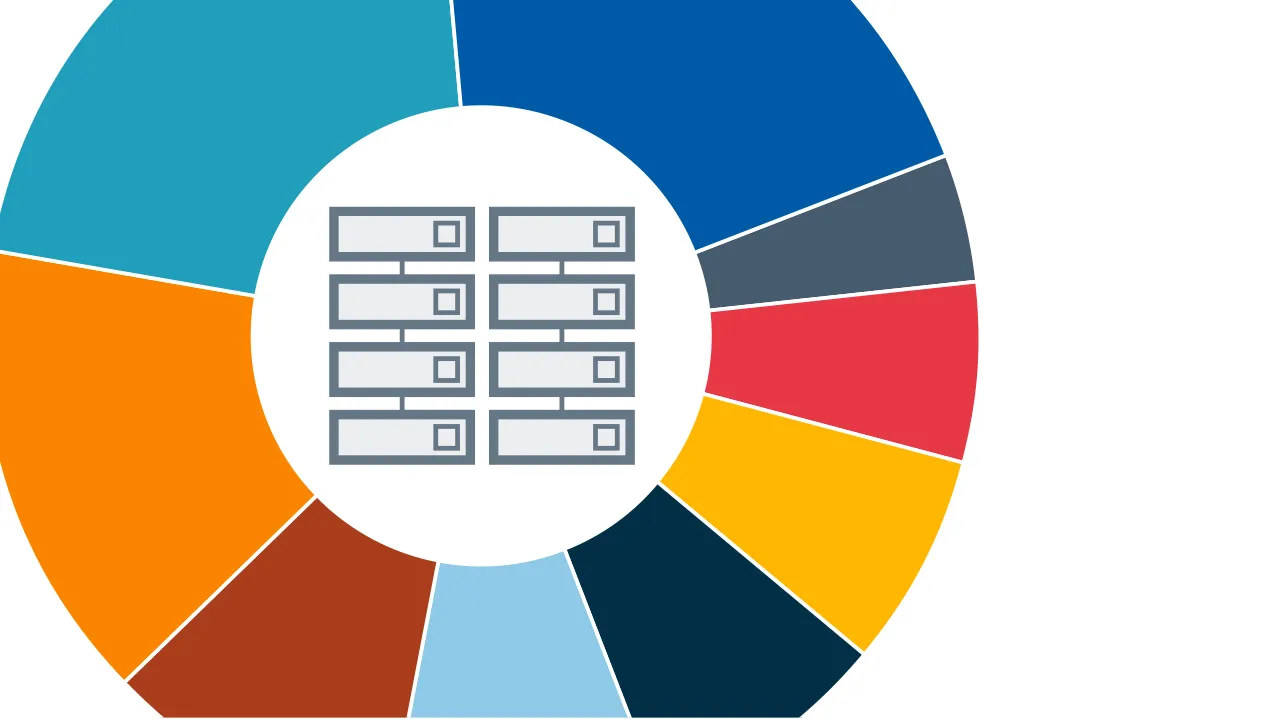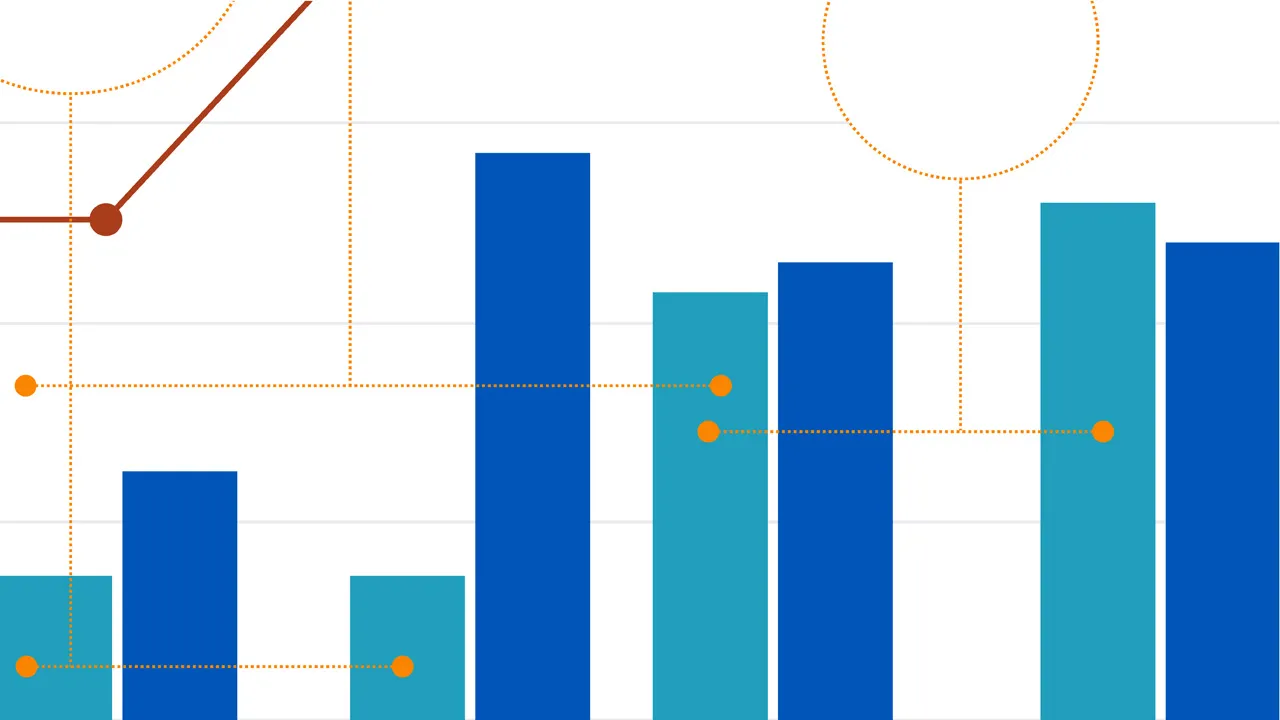Google was an underdog when it launched its infrastructure cloud in 2013. Amazon had already made a name for itself as a disruptive technology provider, having launched Amazon Web Services (AWS) seven years prior. Microsoft, a household name in…

Dr. Owen Rogers
Dr. Owen Rogers is Uptime Institute’s Senior Research Director of Cloud Computing. Dr. Rogers has been analyzing the economics of cloud for over a decade as a chartered engineer, product manager and industry analyst. Rogers covers all areas of cloud, including AI, FinOps, sustainability, hybrid infrastructure and quantum computing.
orogers@uptimeinstitute.com
Latest Research
Cloud providers have experienced unprecedented growth over the past few years. CIOs the world over, often prompted by CFOs and CEOs, have been favoring the cloud over on-premises IT for new and major projects — with the result that the…
In any market, fewer sellers or providers typically results in less choice for buyers. Where the number of sellers is very low this could, theoretically, lead to exploitation, through higher prices or lower-quality goods and services — with buyers…
Organizations are becoming more confident in using the cloud for mission-critical workloads — partly due to a perception of improved visibility into operational resiliency. But many users aren’t taking basic steps to ensure their mission-critical…
New findings from research by Uptime Institute Intelligence reveals that organizations can cut both their cloud carbon emissions and costs by moving workloads to different regions. However, the trade off with this migration is an increase in latency…
Amazon Web Services (AWS) has made a minor change to its private-cloud appliance, AWS Outposts, that could significantly impact resiliency. The cloud provider has enabled local access to cloud administration, removing the appliance’s reliance on the…
Cloud providers advise users to build application resiliency by deploying across multiple locations. This report quantifies the emissions, resiliency and costs of different stateless cloud-application architectures.
When energy costs began to rise steeply in 2021, and precipitously in 2022, it was clear that some digital infrastructure providers would be able to absorb these costs, while others would be forced to pass these costs onto their customers — despite…
The Uptime Institute Global Data Center Survey is the most comprehensive of its kind. The findings reveal the experiences of data center operators in the areas of performance, resiliency, efficiency and sustainability.
A serverless platform is an abstracted cloud computing service that executes a user’s code without the user needing to provision the underlying server or operating environment. The physical server, resources and operating environment used…
IT hardware vendors, such as Dell and Hewlett Packard Enterprise (HPE), are pivoting their revenue models away from product sales toward service-based subscriptions. The objective is to make hardware appear more flexible and cloud-like, so buyers…
Quantum computing promises a revolution in scientific discovery. Quantum computing's main advantage over digital computing is in quickly solving highly complex problems that require significant time or resources to process. Currently, solutions to…
Although big-name hyperscalers such as Amazon, Google and Microsoft dominate the cloud arena, other companies also believe they have a role to play. Vultr, OVHcloud, Linode, DigitalOcean, Bluehost and Scaleway, for example, don’t offer huge…
To improve the resiliency of an application in a public cloud, it is often distributed across data centers. This report quantifies the costs, levels of resiliency and outages compensation for common public cloud architectures.
Cloud providers tend to adopt the latest server technologies early, often many months ahead of enterprise buyers, to stay competitive. Providers regularly launch new generations of virtual machines with identical quantities of resources (such as…




